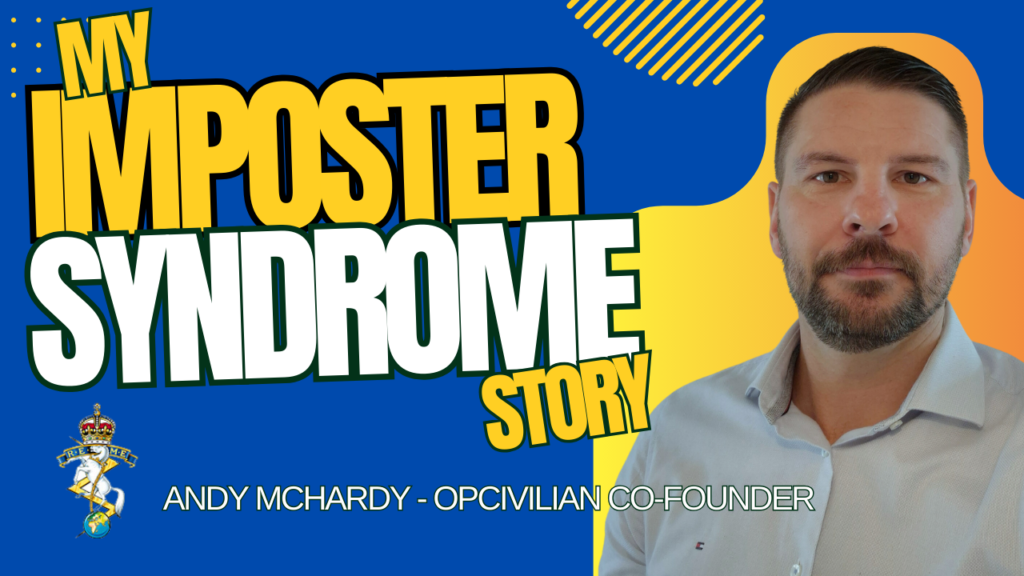
What is it?
Imposter syndrome represents a common psychological phenomenon wherein individuals harbour doubts about their capabilities and accomplishments, coupled with a pervasive, internalised fear of being exposed as fraudulent. Those afflicted with this phenomenon contend that they are undeserving of their attained successes and the associated rewards. They are firmly entrenched in the belief that their achievements are fortuitous, a result of opportune timing, or merely the product of adeptly “winging it”.
The impact?
Imposter syndrome, while prevalent, does not meet the criteria for a diagnosable mental illness; nevertheless, its impact is substantial. Those affected may experience heightened levels of anxiety, depression, and chronic burnout stemming from pervasive self-doubt. This psychological phenomenon can detrimentally influence professional relationships and work approaches, as individuals often fixate on minor errors or underestimate their competence in specific domains.
Some people may constantly pursue achievements and validation, which can lead to increased pressure to pursue ever-changing goals and objectives. They may never feel satisfied even after accomplishing their goals. This pursuit can impact your work-life balance as you continuously seek validation and try to prove to yourself that you are not an imposter by taking on too much.
Who does it affect?
Paradoxically, this plight often affects exceptionally accomplished individuals with distinguished track records. Identifying its presence in friends and colleagues proves challenging, as there is no manifest justification for their experience of this despite their sustained high performance over the years and consistent positive appraisals from peers, colleagues, mentors, and superiors.
It is estimated that 70% of people will experience at least one episode of this phenomenon at some point in their lives (Sakulku J, Alexander J. The imposter phenomenon. Int J Behav Sci. 2011;6(1):73-92. doi:10.14456/IJBS.2011.6).
When I started my resettlement process, I worried that my years in the British Army focused on playing rugby rather than my core engineering trade, would be a disadvantage. Even after getting my first job as an engineer and successfully passing engineering knowledge tests during interviews, I still felt like a fraud and feared exposure. As I excelled in my role, I still couldn’t shake off the feeling that it was all just luck and bluffing. It took me years to realise that my achievements resulted from hard work and dedication to becoming an expert in my field through formal and informal education and I deserved to be where I was.
What is the cause?
Numerous studies are available for review online, suggesting that one’s upbringing and family dynamics may significantly shape individual behaviours. For instance, having parents with stringent standards who fail to recognise key accomplishments or only value exceptional achievements could be influential. Conversely, certain personality traits, such as perfectionism or excessive modesty, have also been indicated as potential contributors to imposter syndrome.
During conversations with former armed forces members, it is often observed that they experience a pronounced sense of vulnerability when undergoing significant life transitions or encountering new challenges that test their competence or knowledge. Upon closer examination, it became evident that this sentiment is most prevalent when commencing a new assignment or following a promotion to a higher rank. Many individuals reported an exacerbation of this sentiment when transitioning to civilian roles, which can manifest even during the application and interview processes. The complexity is further compounded when multiple interviews yield no offer or feedback, leading to the crippling feeling of self-doubt.
What self-help can be done to address it?
Once again, Google will guide you to numerous self-help resources to address this feeling. My approach was to confide in people going through similar transitions, and I discovered that it was more common than I had thought. As we shared our experiences, we laughed at how absurd some of our worries seemed.
Assessing your abilities can help. Write down your accomplishments over the years, what areas you excel in, and what feedback you have received. Surely you can’t be cuffing it for that long!?
Social media often presents a distorted view of reality. The constant stream of people’s achievements can make you feel like you’re falling behind and doubt your abilities. Remember, people rarely share their failures, so it’s important not to compare yourself to others based on their social media posts.
Expect to make mistakes at the beginning of new experiences, and it’s okay to do this and learn from them. It’s how we get better at what we do!

Andy McHardy
Co-Founder of Opcivilian